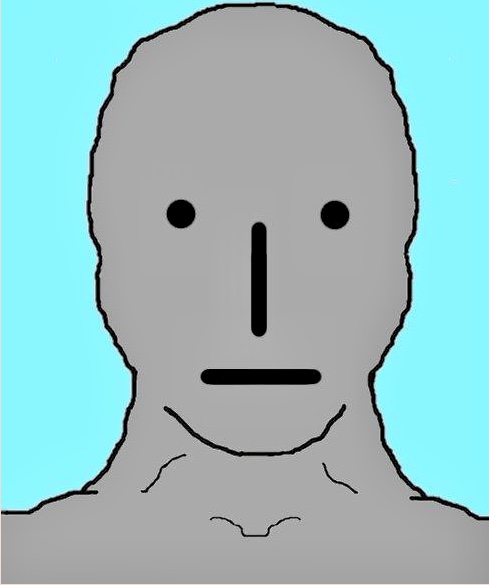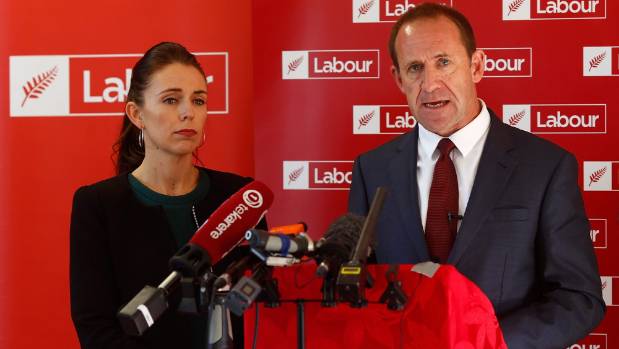Much recent interest has been devoted to the idea that a significant proportion of other human beings might be “NPCs” (non-player characters). What is meant by this is that “the lights are on but nobody’s home” – that the person is not conscious, despite appearing to be. As this essay will discuss, this philosophical problem has a number of chilling interpretations.
When people decry others as NPCs, what they are really saying is that these people are not conscious. There might be bodies moving around and saying and doing things, but there is no conscious observer that pays attention to the lived experience of such bodies. Individual NPCs might just as well be androids of some kind, machines that replicate the functions and actions of conscious beings without actually being such.
The reason why recent interest has attached to this idea is that some people seem to be utterly incapable of thinking for themselves.
Certain political issues have made it apparent that a large proportion of voters do not think about reality at all. They are happy enough to adopt wholesale a Weltanschauung from the television and from their peers. This is especially true if a person adheres to one or the other side of the mainstream political spectrum, but a political allegiance isn’t necessary. Many people’s heads seem to be more or less empty: they simply repeat whatever has been pumped into them from the outside.
This has led others to wonder if there’s anyone really in those heads at all. These apparently unthinking people might be NPCs: essentially meat-puppets that look and sound like humans but which have no conscious will, and who therefore are incapable of creative direction. They can only follow orders like drones, whether those orders come from other humans (PCs or NPCs), the Government or the television. They are therefore categorically different to those of us who are conscious.
But this line of reasoning opens up some extremely thorny philosophical questions.
Primary among these is that you can’t measure or detect consciousness empirically. Consciousness is a state of being aware, and this is impossible to measure because awareness cannot be detected by any instrument. A materialist will object that it is possible to measure responsiveness, and this can be done with (for e.g.) EEG machines that can tell whether a person is awake – but these measures are always of purported correlates of consciousness, not consciousness itself.
We seem to intuitively believe that being “awake” is somehow linked to being conscious, but the simple fact is that we are also conscious of experiencing dreams, and are therefore also conscious even when asleep. Therefore, our intuitive perceptions about who is conscious are not necessarily accurate. It may be that the common perception that all humans are conscious is erroneous.
One can be aware of one’s consciousness, of course. This is logically trivial: if one is conscious of anything at all, then one is conscious. Therefore, if you’re even aware of yourself asking the question of whether or not you’re conscious, you must be. Although, because one’s own consciousness cannot be measured any more than that of other beings can, its presence cannot be proven to anyone other than oneself.
It really seems that the only way consciousness can be sensed in others is by means of some intuition. It certainly seems as if consciousness can be detected in others; at least, this seems intuitively true to most people. This is the basis of the NPC phenomenon: by whatever means this intuitive decision is made, a person decides that another person is either conscious or not.
The difficulty then arises: is it true that all other humans are conscious, or only some? Because not everyone necessarily agrees. Some argue that only their race is conscious, and that others are some kind of ‘bugmen’. Others argue that only members of their religion are conscious, because only these have been “infused with the light of God” or similar. Yet others argue that only members of their class are conscious, and that the poorer someone is, the more like an animal.
The obvious problem with this way of thinking is that it leads to asking questions like: if other races/religions/classes are not conscious, why not just wipe them out for the sake of securing a better position for our own? It’s clear to anyone who has studied World War II that the dehumanisation of other people, by way of declaring them less conscious, can easily lead to bloodshed and genocide. This is why the vast majority of people have adopted the unspoken assumption that all other humans are conscious.
Even if all humans are declared conscious, one must then ask if all other beings are conscious, or only some?
Another thorny philosophical question is moral: if another individual is an NPC, and therefore not conscious, is it immoral or not to exploit that individual? One the one level, it seems like nothing should be different, but on another, it could be argued that if nothing is aware of any injury caused to the physical body then it isn’t really suffering. Therefore, harm done to beings that are not conscious is not immoral (unless those beings are the property of someone else).
Because you can never really know if another person is an NPC, the default response seems to be to assume that no-one is, i.e. that all other people are conscious and that their suffering is meaningful. This is certainly the approach that a courtroom will take if you beat up someone because you think they are an NPC. But you can’t ever really be sure.
*
If you enjoyed reading this essay, you can get a compilation of the Best VJMP Essays and Articles of 2017 from Amazon for Kindle or Amazon for CreateSpace (for international readers), or TradeMe (for Kiwis).




